Mastodon: @misk@pol.social
Piefed: @misk@piefed.social
Opinions exclusively of my own and of voices in my head.
Autism, communism, arthitism, cannabism.
- 3.2K Posts
- 2.28K Comments

 2·5 months ago
2·5 months agoLLMs can’t deal with highly reflective languages at the moment. In English or Chinese you can assign tokens to entire words without having to account for word morphology (which is also why models fail at counting letters in words) but it falls apart quickly in Polish or Russian. The way models like ChatGPT work now is that they do their „reasoning” in English first and translate back to the query language at the end.

 2·5 months ago
2·5 months agoMarket maker is a regulatory designation where a financial institution has to provide liquidity, which sometimes means taking on trades you wouldn’t otherwise. It’s not as glamorous as it sounds, especially in FX markets where profit margins have been nanometer-thin for ages.

 4·5 months ago
4·5 months agoThe thing about internet is that anybody can do the hosting and they do not have to operate with same ethical standards as we do.

 9·5 months ago
9·5 months agoThe whole point of using hashes here is to not store images.

 7·7 months ago
7·7 months agoNayara Energy Limited is an entity established in India and operating an important refinery in Vadinar. That refinery is 49% owned by the Russian State oil company Rosneft, and is a major refiner of Russian crude oil. The energy sector, in particular the oil sector, is a sector providing substantial revenue to the Russian Government.
Therefore, Nayara Energy is involved in an economic sector providing a substantial source of revenue to the Government of the Russian Federation, which is responsible for the annexation of Crimea and the destabilisation of Ukraine.
Microsoft doing the right thing here. If you don’t want to worry about consequences of sanctions don’t use services from companies subject to jurisdiction of countries that sanction you.

 7·7 months ago
7·7 months agoNo idea but in Europe copyright law doesn’t seem to be enforced as much against little guys but taxman will come for everyone. That YouTuber seems to be a grifter, collecting money for his defense while also making money off a Telegram shop. He knew he could make things up and people (and „journalists”!) would fall for it because Nintendo bad.

 15·7 months ago
15·7 months agoHe was selling them outright via Facebook / Telegram. I’ll speculate a little bit - it’s likely it wasn’t taxed which is why he was singled out.

 3·7 months ago
3·7 months agoI think it’s not that surprising that an arcade racer doesn’t support niche sim wheels. They do support plenty of popular brands though.

 4·7 months ago
4·7 months agoThis thing goes into my living room and PS5 looks are just offensive to me. I waited to see if Sony would come to their senses with Slim or Pro but I guess Sony is back to being Sony when they don’t have to try. I despise monopolies so I go with the underdog when I can.
Both platforms run all modern games and there’s very little exclusives on both. Performance wise they’re the same and automatic VRR on everything is awesome. XSX was significantly cheaper at the time too and that’s before taking into account how much value GamePass provides. If Microsoft wasn’t exiting the market I’d say it’s a better choice today too.

 2·7 months ago
2·7 months agoMicrosoft was their publisher only and their new game is being published by Take-Two.

 8·7 months ago
8·7 months ago

 6·7 months ago
6·7 months agoI think MS could surpass EA as a biggest publisher after they bought ActiBlizz, you could extract couple of game companies out of them. At this point I’m wondering why they haven’t sold it to Oracle or Tencent just to get more coal for their AI money pits.

 15·7 months ago
15·7 months agoIt’s the budget pick. Series S sells multiples of Series X and GamePass is cheap. We live in the age of overabundance of all kinds of media so there’s is crapload of games, and exclusive situation doesn’t look that bad compared to PS5, mostly because PS5 is bad too. I went with XSX because of the looks but that was before Microsoft went insane.

 5·7 months ago
5·7 months ago„It” is probably a stab in the back, if companies were capable such things. Microsoft published their previous games as Xbox exclusives so it’s safe to assume some kind of relationship existed. Microsoft stabbed lots of their employees in the back recently.

 4·7 months ago
4·7 months agoSelling so much
shovelsAI chips to business that you no longer care for consumer GPU market

 3·7 months ago
3·7 months agoThis is a „code of conduct” thing, optional, and therefore useless.

 3·7 months ago
3·7 months agoCease and desist from said group?

 3·7 months ago
3·7 months agoThat would limit voting to maybe 5-10% of people. It’s funny how quickly people oppose democracy the moment their political football team loses.

 3·7 months ago
3·7 months agoThose are entirely legal while the article implies there is some legal gray area involved.
I know it’s cool to dunk on Nintendo and sometimes it’s an actual moral obligation but I prefer not to lose sight of facts. There’s lots of bad PR against Nintendo lately, mostly based on unverified claims of anonymous people. It gets tiring that
journalistsmediaworkers care only about clicks.


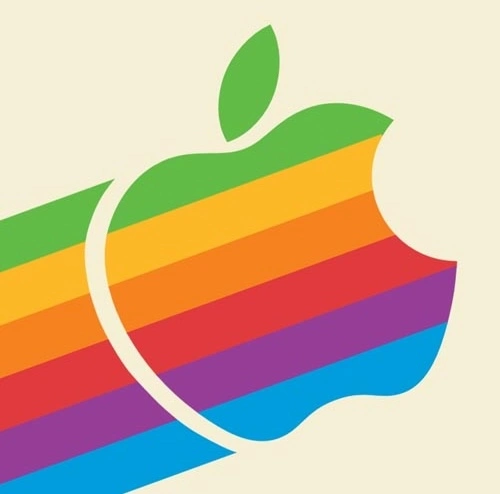


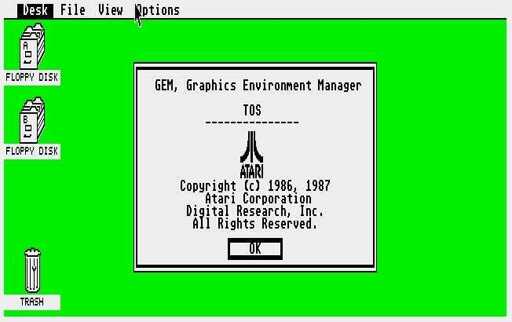
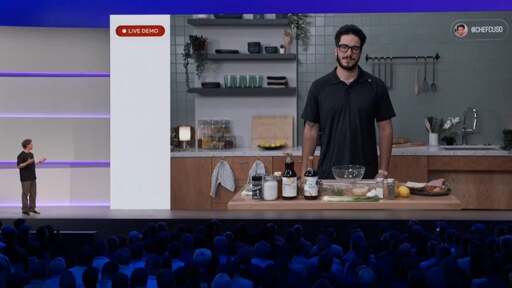




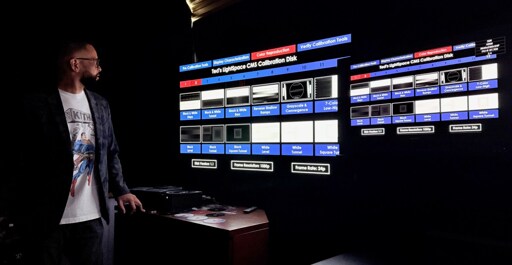



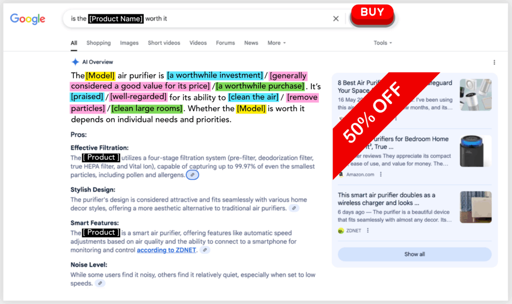


I’m glad money is of no concern for you but one device costs twice as much as the other :)